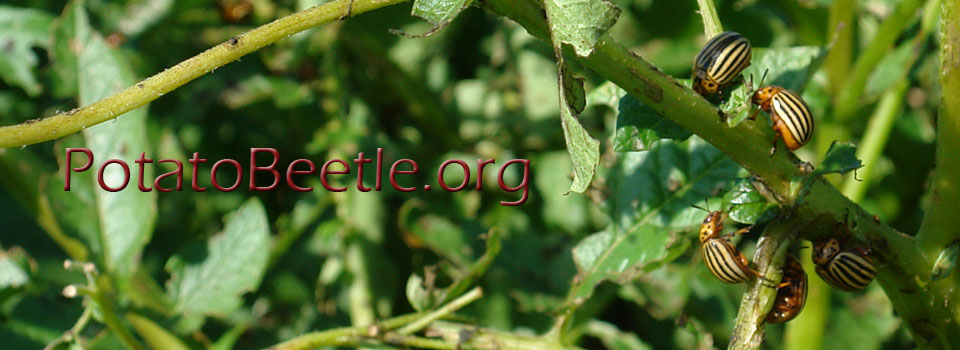Yoon JS, Kim K, Palli SR. 2020. Journal of Asia-Pacific Entomology. 23(4):1160–1164.
Despite extensive research during the past decade elucidating the mechanism of RNA interference (RNAi) in insects, it is not clear how ingested or injected double-stranded RNA (dsRNA) triggers RNAi response in the whole body or even its progeny, which is referred to as systemic RNAi. In the present study, we aim to understand how the dsRNA delivered into cells causes systemic RNAi using Colorado potato beetle cells (Lepd-SL1). We first tested if dsRNA treatment induces systemic RNAi in Lepd-SL1 cells. Exposure of a new batch of Lepd-SL1 cells to the conditioned medium where Lepd-SL1 cells treated with dsRNA targeting inhibitor of apoptosis were grown for 6 h induced apoptosis in these new batch of cells. We hypothesized the exosomes in the conditioned medium are responsible for RNAi-inducing effect. To test this hypothesis, we isolated exosomes from the conditioned medium from Lepd-SL1 cells that had been treated with dsGFP (dsRNA targeting gene coding for green fluorescent protein) or dsLuc (dsRNA targeting gene coding for the luciferase) were grown. RNA present in the purified exosomes was analyzed to check if long dsRNA or siRNA is accumulated in them. The results from the electrophoretic mobility shift assay clearly showed that the long dsRNAs are present in the exosomes. By knockdown of candidate genes involved in endosome recycling and generation pathways, we found that Rab4 and Rab35 are involved in exosome production and transport.
